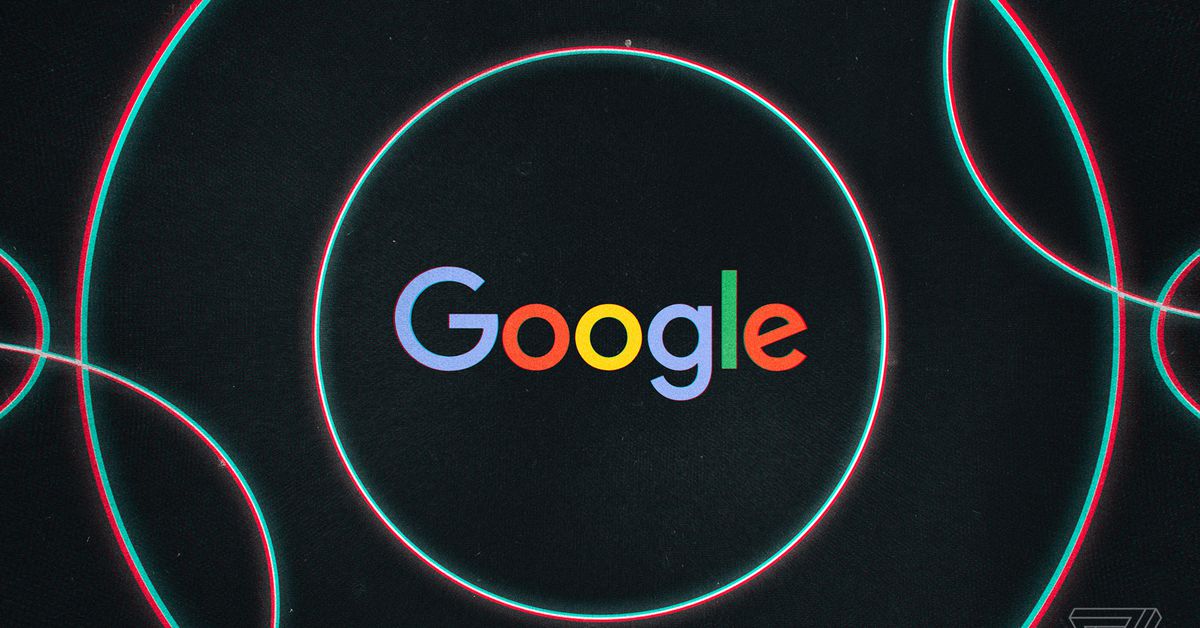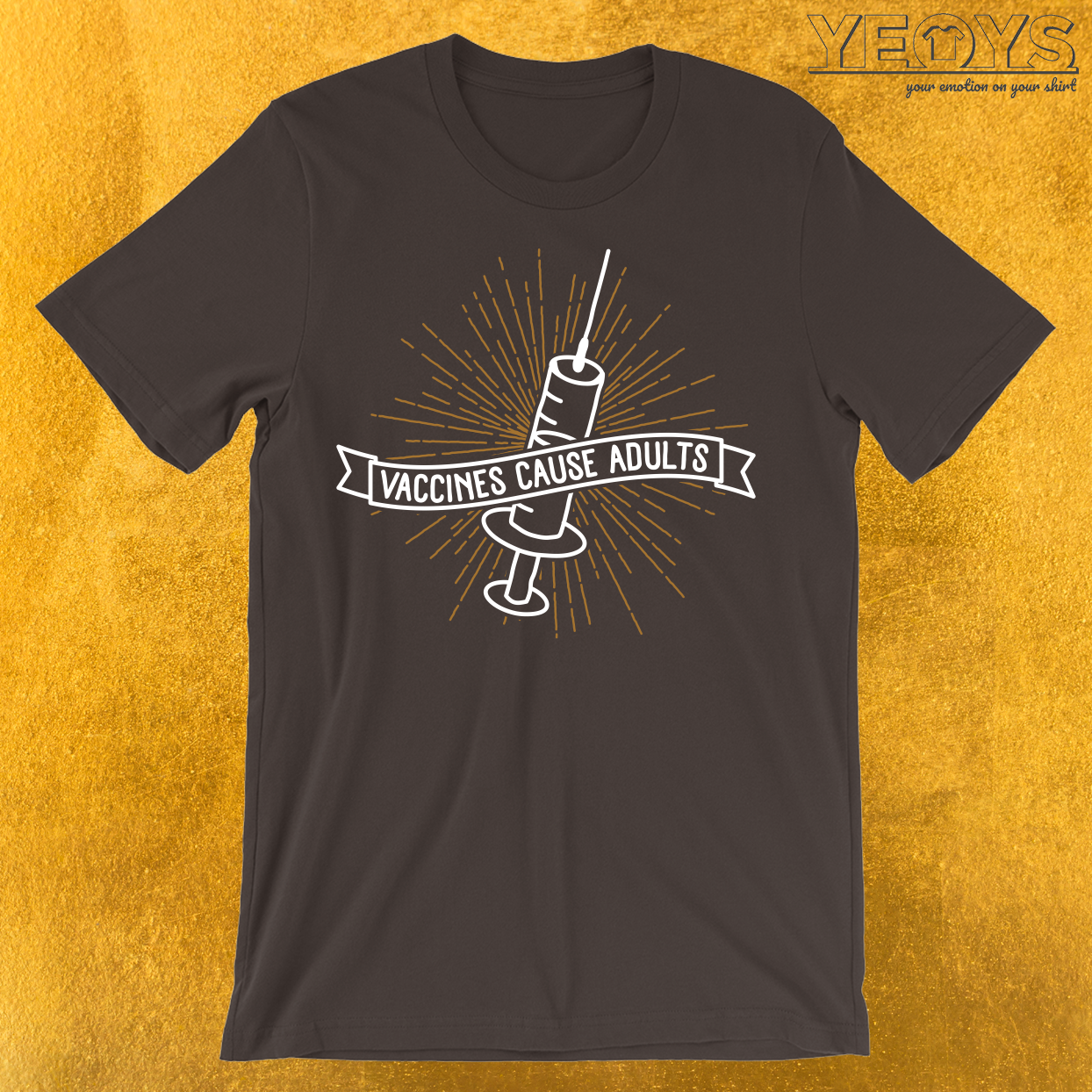Google is utilizing build data gathered from smartphones to lend a hand public health officials realize how of us’s actions contain modified according to the global COVID-19 pandemic. In a weblog post early Friday morning, Google announced the commence of its COVID-19 Neighborhood Mobility Studies.
The studies use data from of us which contain opted in to storing their build historical past with Google to lend a hand illustrate the extent to which of us are adhering to govt instructions to shelter in put and, the build that you are going to be in a suite to contemplate, originate money working from dwelling.
“As global communities acknowledge to the COVID-19 pandemic, there has been an rising emphasis on public health solutions, esteem social distancing measures, to unhurried the plod of transmission,” the company acknowledged in a weblog post. “In Google Maps, we use aggregated, anonymized data exhibiting how busy particular forms of places are — helping title when a neighborhood enterprise tends to be essentially the most crowded. Now we contain heard from public health officials that this comparable form of aggregated, anonymized data would possibly well per chance additionally very smartly be purposeful as they originate necessary choices to wrestle COVID-19.”
Anybody can note the studies, which duvet 131 international locations to open. In plenty of locations, customers can look for more regional data, inspecting studies for particular person states, provinces, and counties. After the user selects a geographic put, Google will generate a PDF with the data it has soundless. Google acknowledged that it selected PDFs over web sites because they are going to additionally very smartly be more without concerns downloaded and shared with workers in the sphere.
Every legend accommodates info about circulate patterns in six classes:
- Retail and sport, covering visits to restaurants, cafes, browsing products and services, theme parks, museums, libraries, movie theaters, and comparable locations.
- Grocery and pharmacy, covering supermarkets, food warehouses, farmers markets, strong point food outlets, and drug shops.
- Parks, covering public seashores, marinas, dog parks, plazas, and numerous public spaces.
- Transit stations, covering subway stops and bus and prepare stations.
- Offices, covering offices.
- Residences, covering of us’s properties.
A sample legend considered by The Verge for California, the build a shelter in put expose has been in stop since March 19th, showed steep declines to retail and sport locations and transit stations, with a practical uptick in time spent at dwelling.
Knowledge covers the past 48 to 72 hours, Google acknowledged, and the percentage adjustments deem the disagreement between circulate this month and unhurried January.
The switch comes as technology corporations contain been asked by govt agencies and health officials to fraction more data to lend a hand in the coronavirus response. On Saturday, the Wall Boulevard Journal reported that cell marketing corporations contain been in an identical plot sharing anonymized, aggregated data with the Centers for Disease Preserve an eye on and Prevention, as smartly advise and native governments, to lend a hand officials realize the spread of the illness and coordinate their response.
Facebook has made comparable data on hand to academic researchers.
Google executives urged me its program is supposed to lend a hand public health officials who must prioritize their response according to areas of larger want. The studies would possibly well per chance additionally lend a hand a county decent realize that its parks remain overcrowded despite an expose to shelter in put, let’s assume — or that its parks are smartly empty, but its transit stations remain too crowded. That would allow them to use into legend altering or amplifying messages to their communities referring to the must protect away.
At the identical time, a high-level watch at altering mobility patterns by itself is at possibility of be of restricted worth in managing the response to the pandemic. Nations which contain had more success in combating COVID-19 contain finished so by implementing aggressive attempting out and phone-tracing regimes, and likewise by making invasive use of build data. Taiwan, let’s assume, is utilizing build data to fabricate “electronic fences” round quarantined electorate, monitoring their actions to be particular they continue to be at dwelling.
Google’s data doesn’t consist of for my fraction identifiable info or show the sequence of visits to any explicit class. And it has limits: let’s assume, it’s miles going to additionally no longer be in a suite to legend for those that use time shut to a build as segment of licensed outdoor teach routines.
The corporate belief about requests from public health officials to originate more data on hand for contact tracing — utilizing an particular person’s build to title assorted of us that can well per chance additionally contain been round them for the length of the time they contain been infectious. Nonetheless Google’s build data isn’t granular ample to search out out whether any person came internal 6 feet of them — the gap in the intervening time belief to raise any person internal threat of transmission — and it accommodates ample errors to originate contact tracing impractical.
Google also belief about utilizing build historical past data to show how crowded hospitals and numerous clinical products and services had turn out to be. Nonetheless build data can’t distinguish between healthcare workers, patients, and company, making the worth of sharing such info questionable.
Google plans to update the data in the studies in some unspecified time in the future, it acknowledged, but in the intervening time has no longer made up our minds when.
One at a time, Google acknowledged it would possibly well well per chance collaborate with epidemiologists working on COVID-19 to update an original dataset of aggregated, anonymized info to forecast the route of the pandemic.





Leave a comment
Sign in to post your comment or sign-up if you don't have any account.